Investigation themes
Fraud
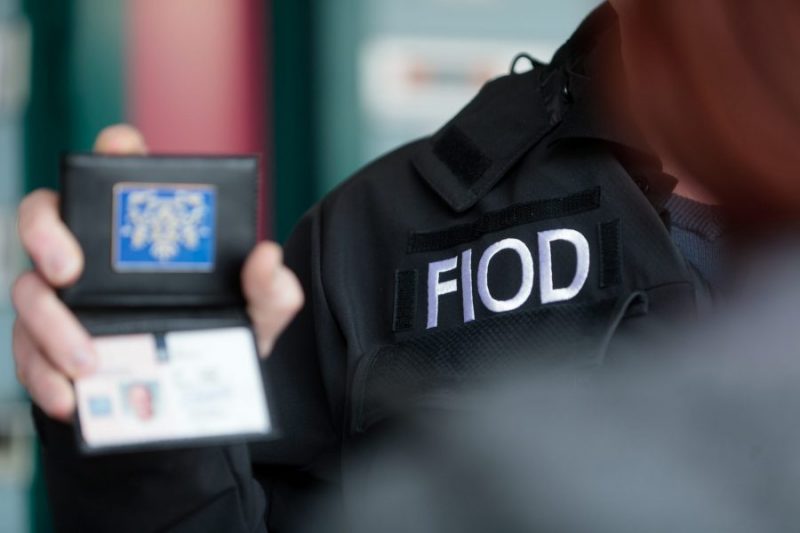
Fraud is a form of crime that comes at a great cost to society. It includes activities such as money laundering and the deliberate misreporting or evasion of income tax and VAT returns. The FIOD investigates financial fraud and tax fraud.
Subversive crime

Crime can undermine society. For example, laundering criminal money. Or corruption where people are bribed. Together with other organisations, the FIOD tackles criminal networks to combat subversive crime.
Excise duty fraud
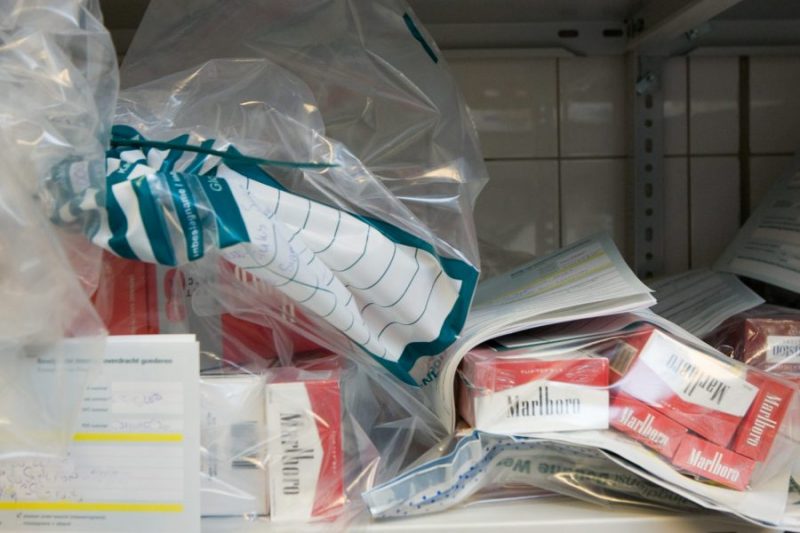
Producers and sellers of illegal cigarettes evade tax by not paying excise duty. This also disadvantages honest traders. Together with Customs and the National Police, the FIOD combats the illegal trade in tobacco products.
Tax fraud
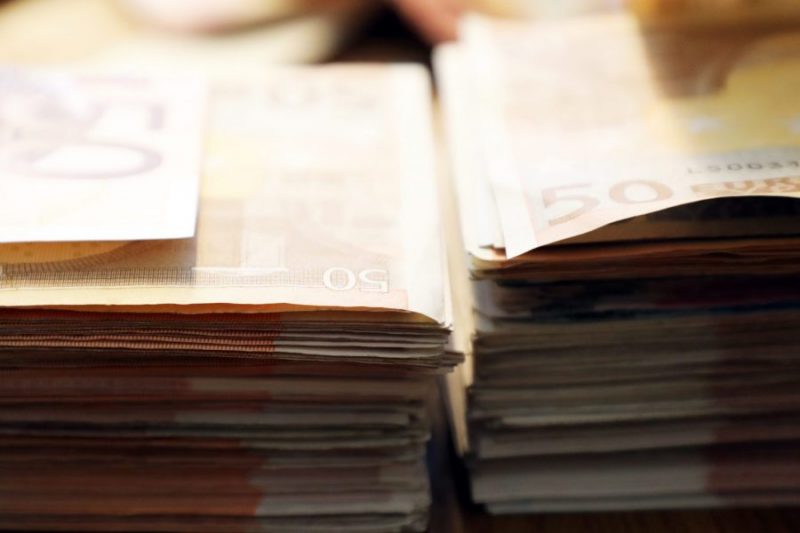
Undeclared savings, VAT fraud and concealing income from the Netherlands Tax Authority. These are all examples of tax offences or tax fraud. The FIOD traces offenders together with institutions such as the Netherlands Tax Authority, Customs and the Benefits Department.
Corruption

Corruption is abusing entrusted powers and/or authorities for personal gain. Corruption comes in all shapes and sizes, in various sectors and in many different countries.
Cybercrime
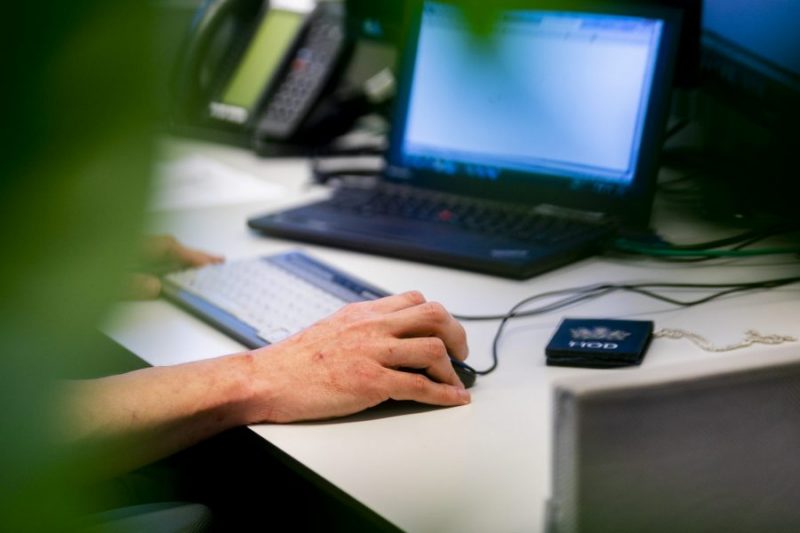
Cybercrime is a crime that is committed with digital devices. For example, hacking computers, online fraud or money laundering with digital currency such as bitcoin. The FIOD traces offenders of financial cybercrime.
Drug precursors

Everyday chemicals can be used for making prohibited drugs. These chemicals are also called precursors or pre-precursors. The FIOD investigates unusual sales in the chemicals trade to prevent misuse.
Insolvency fraud

In the Netherlands, thousands of companies go into liquidation every year. Often, this is due to financial problems. Some companies go into liquidation on purpose. Subsequently, suppliers, customers or other creditors lose their money. The FIOD investigates reports of all kinds of insolvency fraud.
Terrorist financing
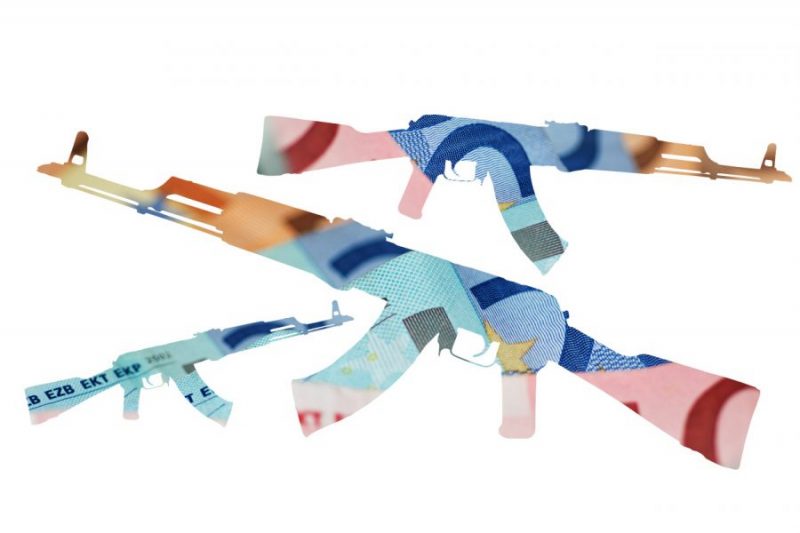
Terrorist financing consists of all kinds of help to terrorist groups or persons. Such as financing the purchase of explosives or collecting money to finance terror or terrorists. The FIOD traces suspects who contribute to terrorism with money, goods or services.
Money laundering
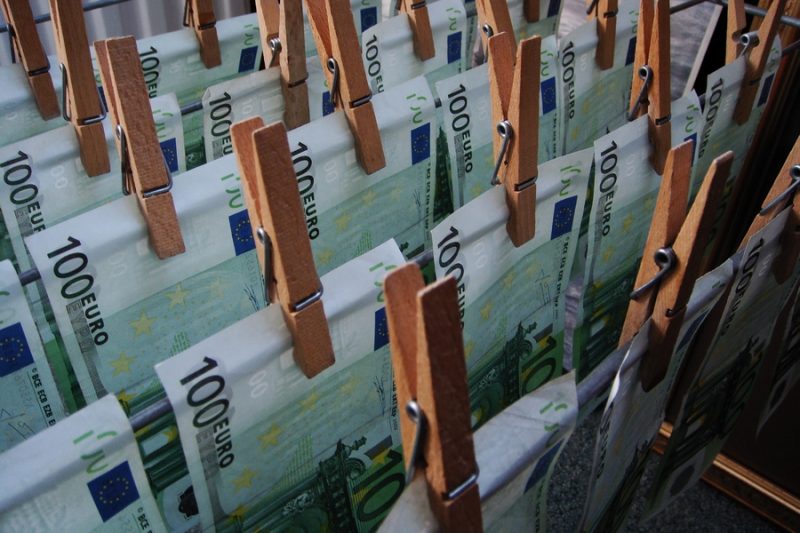
By laundering money, criminals are able to spend illegally obtained money in society or use it to finance terrorism. Among other things, the FIOD analyses money flows to confiscate wrongfully obtained assets from criminals.

